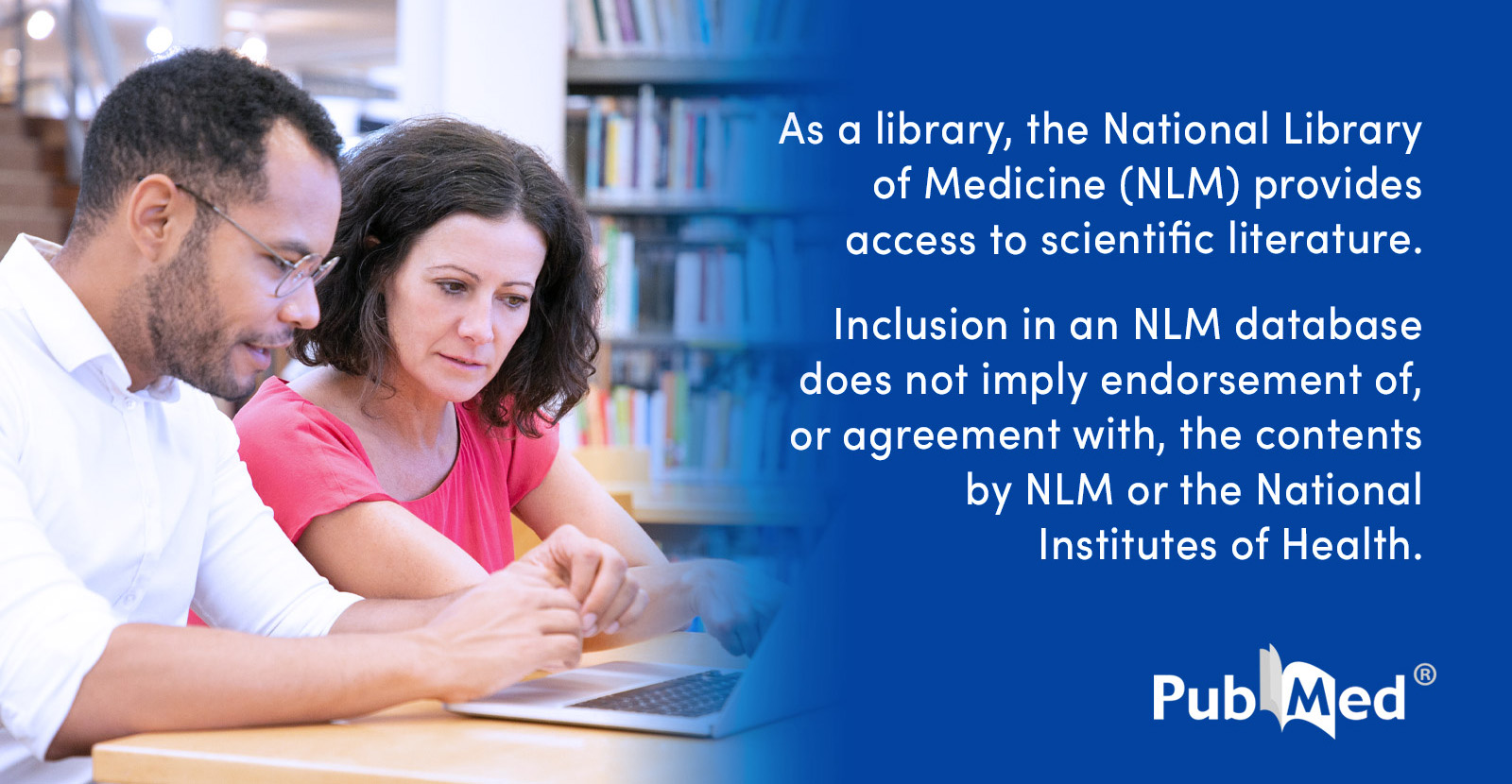Xorkoth
Bluelight Crew
Naltrexone, at normal dosages, blocks all opioid effects, in fact if you are on a daily dose of naltrexone in the normal doses they prescribe, 5-50mg, you will be utterly unable to feel opiates, because they will be blocked. And if you're dependent on opiates, it will send you into precipitated withdrawal. And if you overdosed, if you somehow managed to get the naltrexone into your bloodstream fast enough (ie, injected), it would prevent overdose.
However, ultra low dose naltrexone is hundreds to thousands of times less of a dose than any dose a doctor typically prescribes. At that dose, it does not block opioids, instead, the antagonism (at least I assume this is how it works) serves to upregulate your opioid receptors, and thus, reduce tolerance.
I have heard way too many stories of this working for people to dismiss it, despite never having tried it myself. I've read the studies, too.
However, ultra low dose naltrexone is hundreds to thousands of times less of a dose than any dose a doctor typically prescribes. At that dose, it does not block opioids, instead, the antagonism (at least I assume this is how it works) serves to upregulate your opioid receptors, and thus, reduce tolerance.
I have heard way too many stories of this working for people to dismiss it, despite never having tried it myself. I've read the studies, too.






